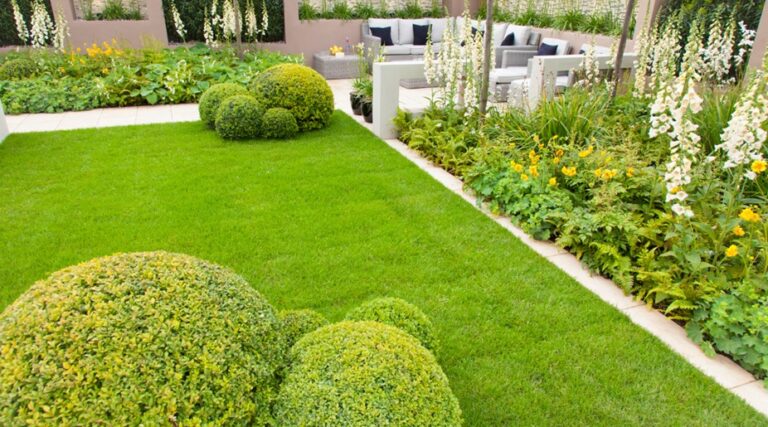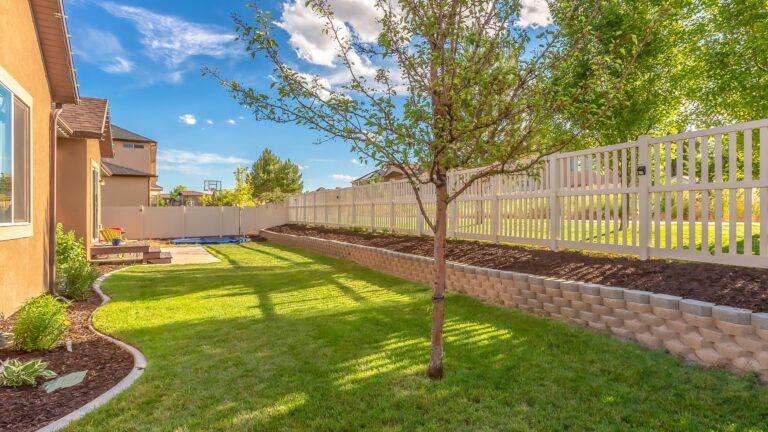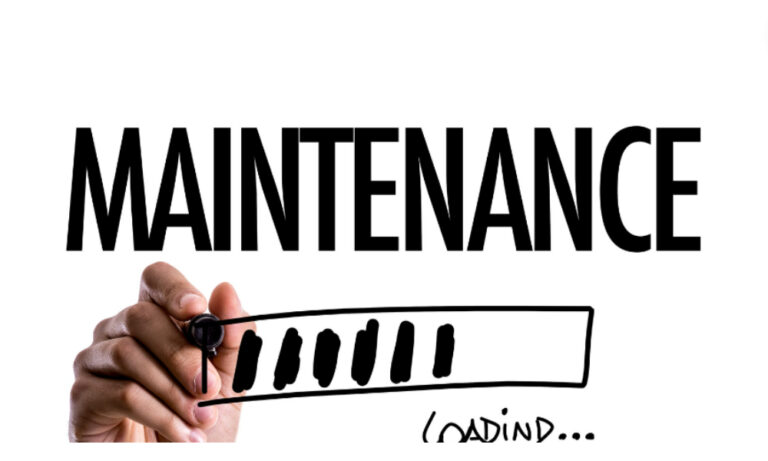Finding the right professional to bring your outdoor vision to life can feel overwhelming. Whether you’re looking for a landscaper in Cumming to handle a small project or a complete property transformation, hiring the right one is key to achieving your dream landscape. Use these ten essential tips to guide your decision-making process.
- Define Your Needs
Before starting your search, decide what you want to accomplish. Are you installing a patio, creating a garden, or redoing your entire yard? Clear goals make it easier to find a landscaper with the right skills for your specific project.
- Look for Experience
An experienced landscaper is often the best choice for complex tasks like creating water features, building retaining walls, or managing large spaces. Ask potential hires about their past work and request examples or photos to assess their expertise.
- Research Online Reviews
Customer reviews can give insight into a landscaper’s reliability, professionalism, and quality of work. Check multiple platforms to get a balanced perspective and reach out to past clients if possible.
- Verify Licensing and Insurance
Landscapers should possess the proper license and insurance to protect them against liability in case of accidents or damages. Always verify these credentials before signing any agreements.
- Request Detailed Estimates
Cost is a crucial factor, but the cheapest option isn’t always the best. Request detailed quotes from at least three landscapers. Make sure you understand what each estimate includes, from materials to labor and any additional fees.
- Discuss Design and Style
Every landscaper has a unique design approach. Ask potential hires about their design process and how they incorporate your ideas into the final plan. You’ll want someone who can align their expertise with your preferences. You can also explore ideas in this article on using rocks in your landscape to spark inspiration.
- Check for Communication Skills
Good communication is essential for a successful project. A reliable landscaper will listen to your needs, keep you informed about progress, and address any concerns promptly. Prioritize professionals who make you feel comfortable and respected.
- Explore Material Options
Ask the landscaper about the materials they recommend and why. High-quality materials can greatly affect the longevity and appearance of your outdoor space. Plus, understanding the options ensures the outcome matches your vision.
- Understand the Timeline
Get a clear sense of how long the project will take. While delays might occur due to weather or material availability, the landscaper should provide a realistic timeframe and keep you updated on progress.
- Review Contracts Thoroughly
Before agreeing to anything, carefully review the contract. Look for details about payment schedules, project timelines, and terms of service. A clear contract minimizes misunderstandings and protects both parties.
Conclusion
Finding the right landscaper takes time and effort, but the results are worth it. A well-designed outdoor space can enhance your property’s value and your enjoyment of it. Start by assessing your needs and following these tips to ensure a successful partnership with a professional landscaper. Attention to detail and clear communication will help bring your vision to life!



